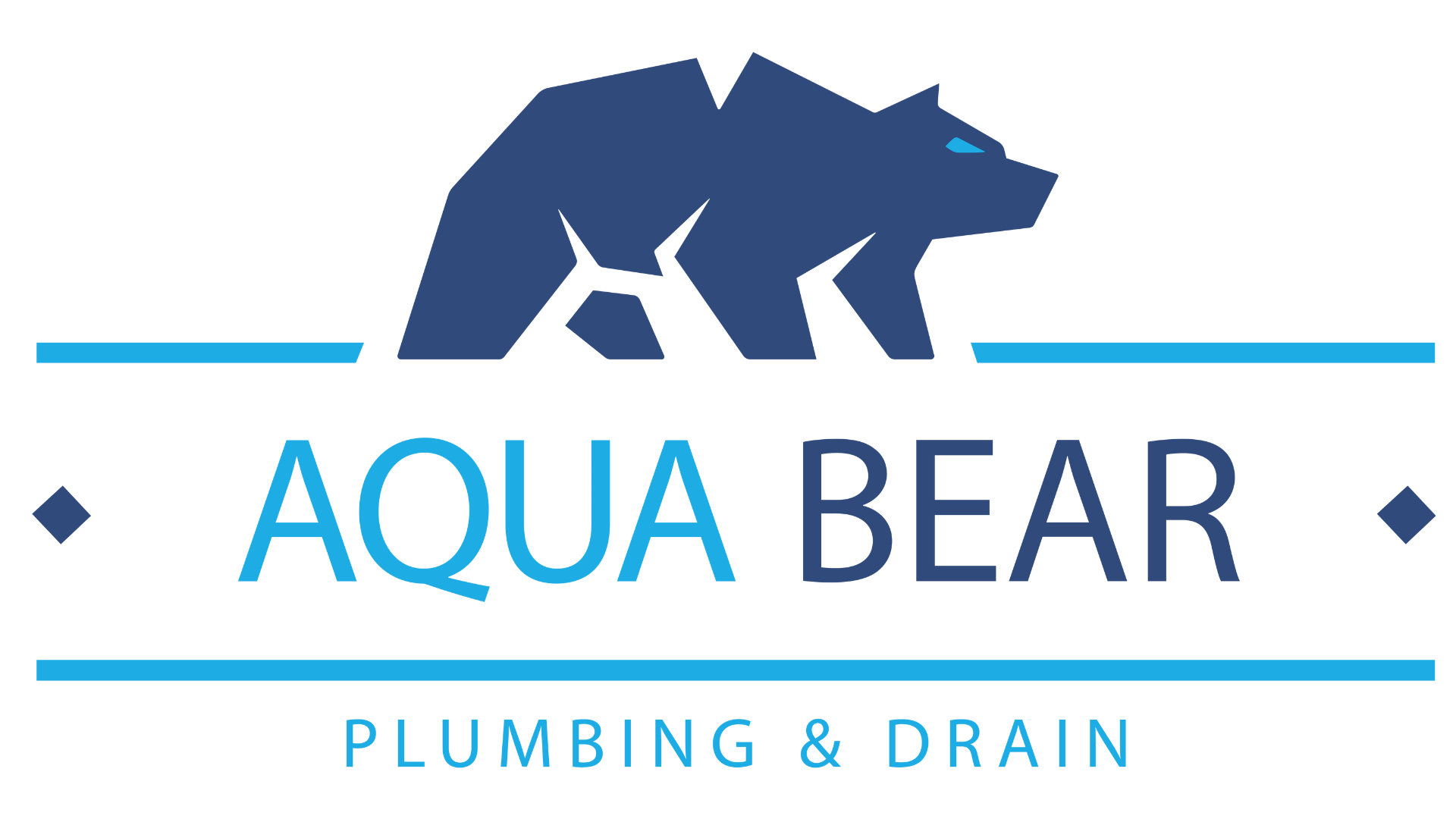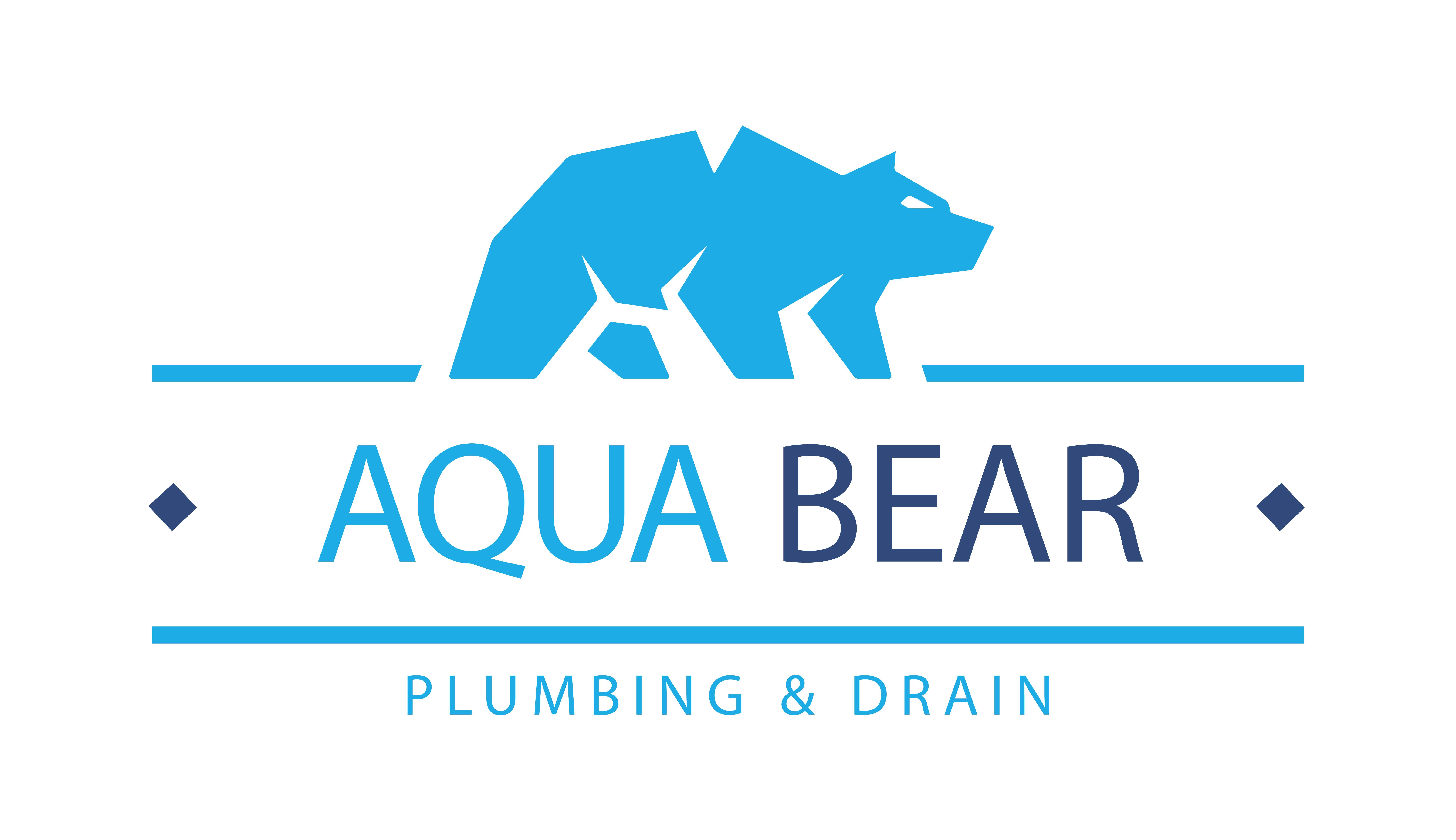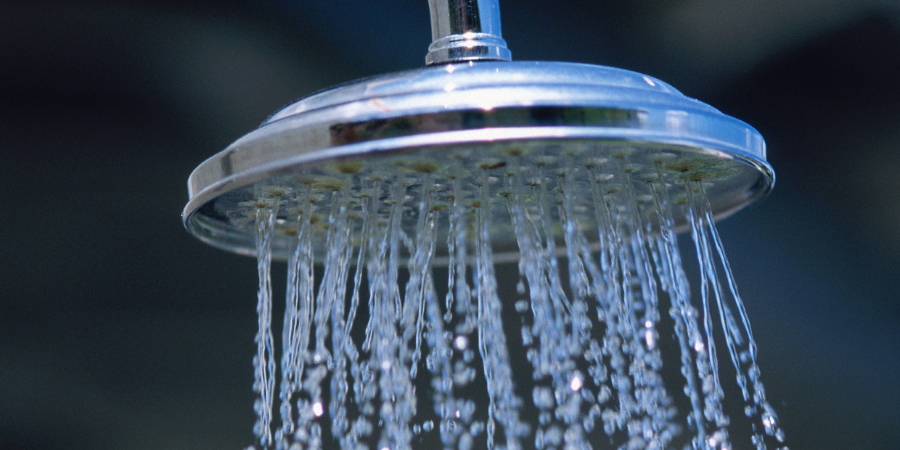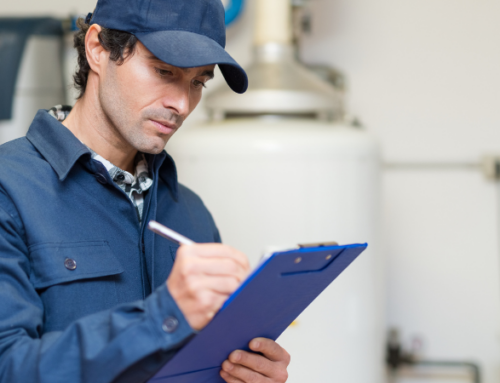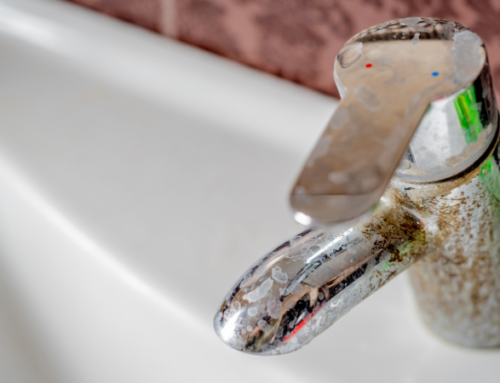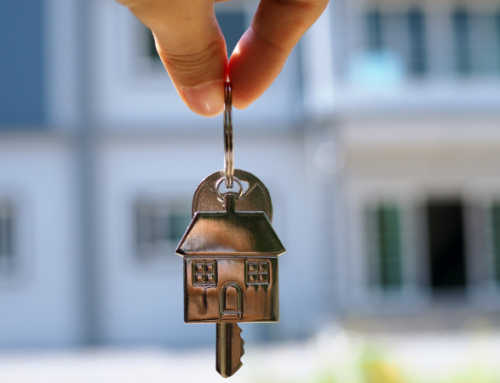How a Water Softener Works
Water softeners are used to remove minerals from your home’s water supply that cause your water to be labeled hard. Hard water destroys plumbing pipes, fixtures, and water-using appliances while leaving behind scale and soap scum. Investing in a water softener helps avoid premature replacement of water heaters, corrosion-filled pipes, and dripping shower heads.
Hard water enters the softener at the mineral tank. Here plastic, sand-like resin beads that have been coated and negatively charged with sodium ions attract the positively charged magnesium and calcium ions. As the water flows through the unit the resin transfers its sodium ions in exchange for the magnesium and calcium ions and soft water is produced.
Over time, the sodium exchange sites become overburdened and can no longer do their job and the system needs to enter a regeneration cycle to clean the resin beads. The resin beads are backwashed with a salt solution removing the captured calcium and magnesium the resin absorbed. Now the system can return to removing the unwanted minerals.
Benefits of Using a Water Softener
Installing a water softener has many advantages. Here we listed the most highly rated benefits of owning a water softener:
- Improves the efficiency of your water heater- Scale buildup can severely interfere with the transfer of heat inside your water heater. Deposits can accumulate on the heating element virtually stopping your water heater from producing hot water.
- Protects plumbing pipes and appliances- hard water deposits can build up inside pipes and appliance components reducing their efficiency. If too much scale collects your water pressure can be affected and early replacement of fixtures and plumbing components may be needed.
- Cleaner dishes, clothing, and less stress on your skin and hair-the removal of magnesium and calcium will improve the water so skin remains soft and hard water deposits are not left behind to stain dishes, glassware, or stiffen laundry.
Advances in Technology
Smart Technology
The advancements made in the water softener arena are similar to those made in almost every industry by the addition of smart technology. The most modern softening systems now have the capacity to be controlled through a mobile app. This means many functions can be controlled from any location through the use of a smartphone or tablet so you need not be home. These functions include monitoring your water usage, programming a regeneration cycle to occur at a certain time, and troubleshooting issues that may arise.
Some units can send alerts when more salt needs to be added to the system or can permit you to remotely control the unit’s bypass valve so water that does not need softening can bypass the system. It can control the amount of salt and water used for regeneration and advanced systems can determine, on their own, precisely when a regeneration cycle is needed and can complete it. Smart technology can ultimately save you time and money and provide the peace of mind that you have control over your system even when you are away from home.
Softeners and Leak Detection Devices
There are few circumstances that are as upsetting as coming home to a flooded house. This is where a leak detection device combined with a water softener is gaining in popularity. Leak detectors provide real-time data to prevent plumbing emergencies by monitoring and detecting suspicious water usage. This technology learns your usage patterns and will send you an alert when it senses something is out of character.
These systems come with individual detection devices that can be placed near water-using fixtures and appliances. When a device detects water it sends a signal that something is wrong allowing you the option to turn off your water supply or, if the system is more advanced, it will turn the water supply off without needing your input.
Softeners and Water Filtration Systems
Today’s consumers are concerned about improving their water quality by installing water filtration systems that remove contaminants and are equally concerned about extending the life of their plumbing systems by addressing hard water issues. This is why a combination of these two systems is becoming more and more popular.
The water softener operation can reduce wear and tear on plumbing systems by removing the hard water minerals that are known to destroy plumbing fixtures and pipes. The filtration systems are simultaneously designed to remove pollutants and contaminants and other particles that leave drinking water undesirable. By combining these two systems into one unit, homeowners are gaining softened water with improved water quality.
Looking To Install A Water Softener?
Water softeners provide an efficient method for reducing the negative effects of hard water on plumbing systems and on everyday activities such as laundry and cleaning. These systems have been in use for years and are responsible for extending the life of appliances and water heaters while providing soft, less abrasive, and damaging water for daily use.
Excitingly, advancements in technology are changing how water softeners operate allowing for remote functionality making it easier for homeowners to control their systems while at home or away. This added control makes owning a water softener something every homeowner should consider.
The combining of a water softener to include leak detection is an amazing innovation that brings peace of mind as does the blending of water filtration with water softening.
All-in-one systems bring together useful technology to make your life simpler and to increase the comfort and safety within your home!
